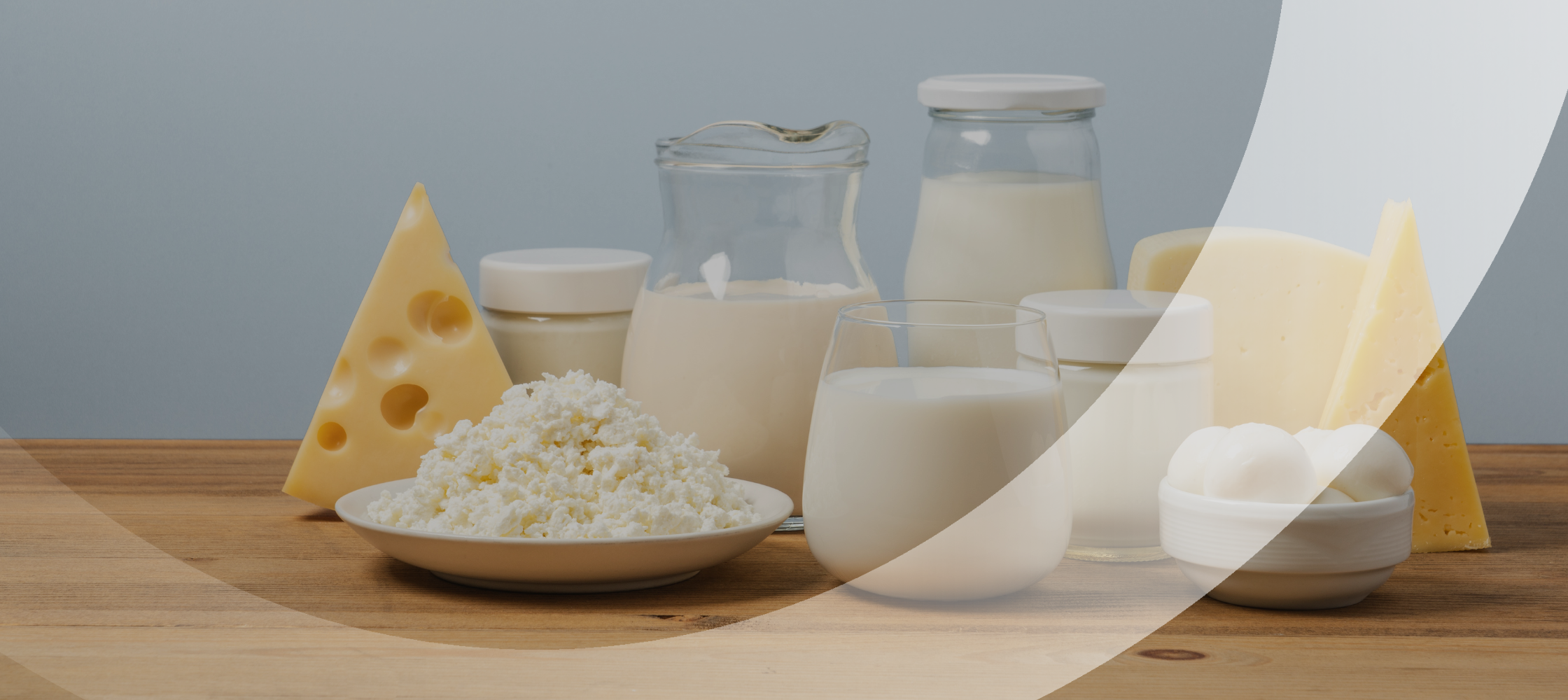The food and beverage industry faces mounting pressure to reduce its environmental footprint while maintaining efficiency and regulatory compliance. With growing concerns around water scarcity, rising energy costs, and waste management, adopting a circular economy model is no longer an option—it’s a necessity.
What is Circular Economy and Why Does it Matter?
The traditional linear model of "take, make, dispose" is no longer sustainable in today’s world. In Europe alone, the food and beverage sector consumes vast amounts of freshwater resources, accounting for 22% of global industrial water use (European Environment Agency, 2021). It also generates over 100 million tonnes of waste annually (Eurostat, 2022) and contributes to nearly 30% of global CO₂ emissions (FAO, 2023), primarily through production and processing activities. Moreover, food processing plants discharge large volumes of organic-laden wastewater, which, if untreated, can have a severe impact on aquatic ecosystems (European Commission, 2022).
A circular economy seeks to address these challenges by minimising waste, optimising resource efficiency, and keeping materials in use for as long as possible. Unlike the linear model, it promotes reuse, recycling, regeneration, and waste-to-energy solutions to create a more sustainable and resilient industry. By integrating water reuse, anaerobic digestion for biogas production, and advanced effluent treatment, food manufacturers can reduce potable water consumption by up to 80%, cut emissions, and recover valuable resources, making circularity an essential driver of both environmental and economic performance.
Sustainable water solutions: How Veolia helps the Food & Beverage industry achieve circularity?
Veolia Water Technologies provides cutting-edge solutions that help food and beverage manufacturers transition towards a circular economy by:
- Water Reuse & Recycling: Technologies like CaptuRO™ and RePak™ recover and recycle high-quality water, significantly reducing freshwater dependency.
- Anaerobic Treatment & Biogas Production: Solutions such as Biothane UASB and Memthane™ transform wastewater into renewable energy, lowering operational costs and CO₂ emissions.
- Membrane Bioreactor (MBR) Treatment: Advanced systems like ZeeWeed MBR deliver high-performance effluent treatment with minimal footprint.
- Effluent Treatment & Nutrient Recovery: Modular wastewater treatment solutions ensure compliance with stringent discharge regulations while maximising resource recovery.
These innovative solutions are already making a tangible impact in the food and beverage industry. One such success story is Solarec, a leading Belgian dairy company that leveraged Veolia’s expertise to optimise its water management and significantly reduce its environmental footprint.
Case Study: Solarec, Belgium's Dairy Leader
⭐ Context: Facing significant production growth, Solarec, Belgium's largest dairy, needed to adapt its infrastructure whilst meeting strict environmental standards.
⭐ Challenges included: Environmental compliance in a protected area, Pollutant reduction, Water resource optimisation.
By integrating CaptuRO™ for advanced water reuse and optimising effluent treatment with tailored solutions, the dairy leader successfully transformed its water consumption and wastewater processes. The CaptuRO solution stands out for:
- Complex pollutant removal without intensive chemical treatment
- Eco-energetic design reducing carbon footprint
- Exceptional hydraulic yield minimising water footprint
- Optimised semi-batch operation extending membrane life
- Benefits of the Circular Solution
⭐ The achieved results are remarkable:
- 80% reduction in potable water consumption
- 80% wastewater recycling rate
- 99% fat removal
- Enhanced compliance even in protected area
- Increased flexibility for future evolution
Ready to Revolutionise Your Water Management?
Solarec's success demonstrates the power of Veolia's solutions in achieving sustainability goals whilst optimising operations.

